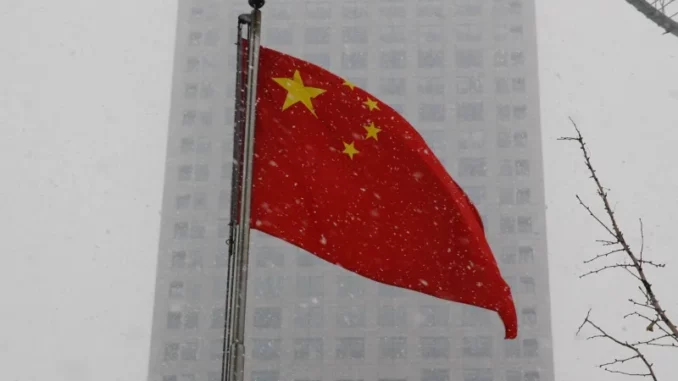
The recent news that Africa’s trade deficit with China continued to widen in 2023 has raised a red flag in parts of the continent especially because some of Beijing’s African partners in its Belt and Road Initiative (BRI) may no longer think that the BRI is such a good deal after all.
While China-Africa trade experienced a modest 1.5% growth last year, the trade deficit for Africa with China expanded, as Chinese exports to the continent increased by 7.5% to $173 billion, while imports from Africa decreased by 6.7% to $109 billion. According to Milton Ezrati, senior contributor for Forbes, “against the backdrop of Beijing’s BRI, the news carries a deeper, more revealing meaning, and one that Beijing has little desire to see clarified.” China has been accused of pursuing a policy of ‘debt-trap diplomacy’ by luring poor, developing countries, not least in Africa, into agreeing unsustainable loans to pursue infrastructure projects so that, when they experience financial difficulty, Beijing can seize the asset, thereby extending its strategic or military reach.
“But Beijing’s partners in the BRI seldom see their exports keep up with the import demands of the development projects, putting these countries into a trade deficit right from the start, Ezrati says. African countries, newer to the initiative, had not yet reached the extremes of other, now hard-pressed nations, such as Pakistan or Sri Lanka, but circumstances in 2023 conspired to point out to them where the BRI was likely to lead. “Rather than leave the African clients to realize the danger and pull away, Beijing has made efforts to ameliorate the strain on them, and no doubt also obscure the ultimate reality of the BRI,” Ezrati cautions, referring to the so-called “green lanes” recently opened by Beijing that allow more African agricultural products into China duty free. But despite Beijing’s recent efforts to relieve the strain on its African partners, ultimately, the BRI’s burdens will become apparent. “Whether China can support those debtors and avoid trapping itself in unpaid debts will depend on its policy choices,” says Toshiro Nishizawa from the University of Tokyo.
